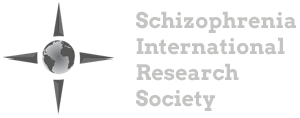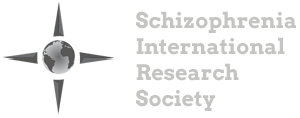-
Views
-
Cite
Cite
John R. Bola, Loren R. Mosher, Predicting Drug-Free Treatment Response in Acute Psychosis From the Soteria Project, Schizophrenia Bulletin, Volume 28, Issue 4, 2002, Pages 559–575, https://doi.org/10.1093/oxfordjournals.schbul.a006964
Close - Share Icon Share
Abstract
Although an estimated 25 to 40 percent of acute psychoses remit without antipsychotic drug treatment, only limited efforts have been made to identify individuals in early episodes who might be able to recover without medications. This retrospective exploratory study uses baseline information from the Soteria project (young, unmarried, first and second episode DSM-II schizophrenia, n = 179) to develop a preliminary model for this purpose. Forty-three percent of experimentally treated subjects received no antipsychotic medications during the 2-year followup period and were designated “drug-free responders.” At followup, this group had better outcomes (+ 0.82 of a standard deviation [SD]) on a composite outcome scale (representing rehospitalization, psychopathology, independent living, social and occupational functioning). A predictive model using three variables (age, the Goldstein Adolescent Social Competence Scale score, and number of diagnostic symptoms) correctly identified this subgroup 79 percent of the time (bootstrapped 95% confidence interval [CI], 65–90%). Predicted drug-free responders exhibited moderately better outcomes (effect size: 0.38 to 0.61 of an SD) when treated at Soteria. These data advance the hypothesis that an identifiable subgroup of individuals with early episode psychosis might fare better when receiving specialized psychosocial intervention and minimal or no use of antipsychotic medications.






